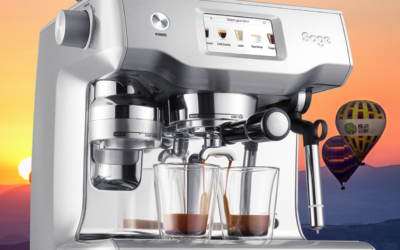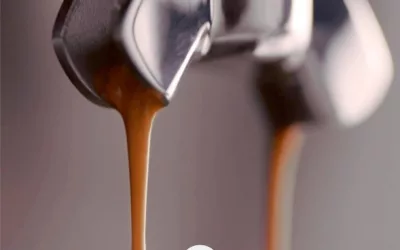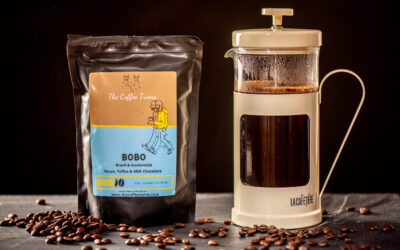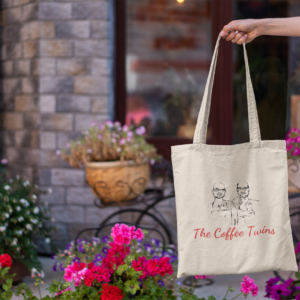
You’re about to find out about the allure of specialty coffee, a term that resonates with connoisseurs and casual drinkers alike. Specialty coffee isn’t just about a richer taste; it’s also about the quality and care that goes into every step of its production.
From the meticulous sourcing of beans from farmers who prioritize quality over quantity, specialty coffee takes you on an exclusive journey. The beans are often grown in ideal climates and are harvested with precision, ensuring that only the best cherries make it to the roasting process. Every roast is done in small batches, tailored to bring out the nuanced flavours inherent in each variety.
The grading system is central to what sets specialty coffee apart. Beans are scored on a scale of 0-100 by certified tasters, with anything above 80 considered ‘specialty.’ This isn’t your average cup; it signifies an experience that’s carefully crafted.
And then there’s the sensory experience. Ever savoured a cup that hints of chocolate, fruit, or even florals? That’s specialty coffee for you, delivering complex aromas and taste profiles that change with origin, roast, and brew — a true symphony for your palate.
As you immerse yourself in the rich profiles of specialty coffee, it’s hard not to draw comparisons with its more commonly known counterpart — commercial coffee. In the next section, we’ll navigate the terrain of commercial coffee to understand what coffee is the best and how it stands in contrast to the meticulously crafted world of specialty brews.
Navigating the Varied Terrain of Commercial Coffee
Commercial coffee is everywhere. From the aisles of your local supermarket to the brew offered at diners, it’s what most people imagine when they think of a regular cup of joe. In this section, I’m going to break down what commercial coffee really is and why it commands such a vast market share.
Consistency and Efficiency
At its heart, commercial coffee is about consistency and efficiency. Large-scale farms, often located in countries like Brazil and Vietnam, focus on growing Robusta or lower-grade Arabica beans. These beans are hardier and more caffeine-rich, ideal for meeting high demands. The harvesting process is typically mechanized, ensuring faster turnaround times but often at the cost of selectivity and, consequently, quality.
Uniformity in Roasting
A distinction of commercial coffee is its uniformity. Roasting is usually done on an industrial scale, which tends to aim for a medium to dark roast to mask any inconsistencies in flavour. This standardisation ensures that you get the same taste from any bag you pick off the shelf, a reliable experience that many consumers appreciate.
Affordability and Accessibility
In terms of pricing, commercial coffee is a clear winner for those on a budget. Its affordability is chiefly due to the economies of scale in its production. The broad accessibility of commercial coffee has made it an indispensable part of daily life for millions of coffee drinkers around the world.
The Trade-off
To understand what coffee is the best has to do with convenience and cost-effectiveness, in which usually comes in the form of taste complexity and the conditions under which the coffee is produced. That’s going to include the environmental and human impact, something more consumers are beginning to pay attention to. However, the very nature of commercial coffee serves the needs of a diverse audience seeking a quick caffeine fix.
Navigating Choices
You’re going to find out about how these two worlds of coffee interact in the next section, and you might be surprised by how intertwined they really are. We’ll delve into making a choice not just based on personal preference, but also considering the broader implications of your morning brew.
From Bean to Brew: Making an Informed Choice
So, what coffee is the best? I’m going to break down the critical factors that might influence your decision when choosing between specialty and commercial coffee. This isn’t just about taste; it’s also about considering the economic, environmental, and ethical aspects of your cup of joe.
Choose something that resonates with you when it comes to flavour. Specialty coffees offer unique and diverse tastes, while commercial coffees focus on delivering a consistent profile that’s widely accepted. Your palate is the best guide.
Don’t worry too much about the cost if you’re leaning towards specialty coffee. Yes, it may be pricier, but many find the cost justified by the superior flavour and quality. For a daily fix, commercial coffee can be more wallet-friendly and accessible.
A lot is happening very quickly in the realm of socially responsible practices. It’s crucial to consider the impact your coffee purchase has on the communities that grow these beans. Specialty coffee often has a direct line to supporting fair trade practices and sustainable farming.
You can always adjust your approach down the road, but starting with ethically sourced coffee can make a significant difference. It’s not just a beverage; it’s a choice that supports livelihoods and the environment.
I really hope that you feel empowered to make a coffee choice that’s not only delicious but also aligns with your values. Whether you savour the complex notes of a specialty roast or enjoy the reliable taste of a commercial blend, your decision is part of a larger story—one cup at a time.








0 Comments